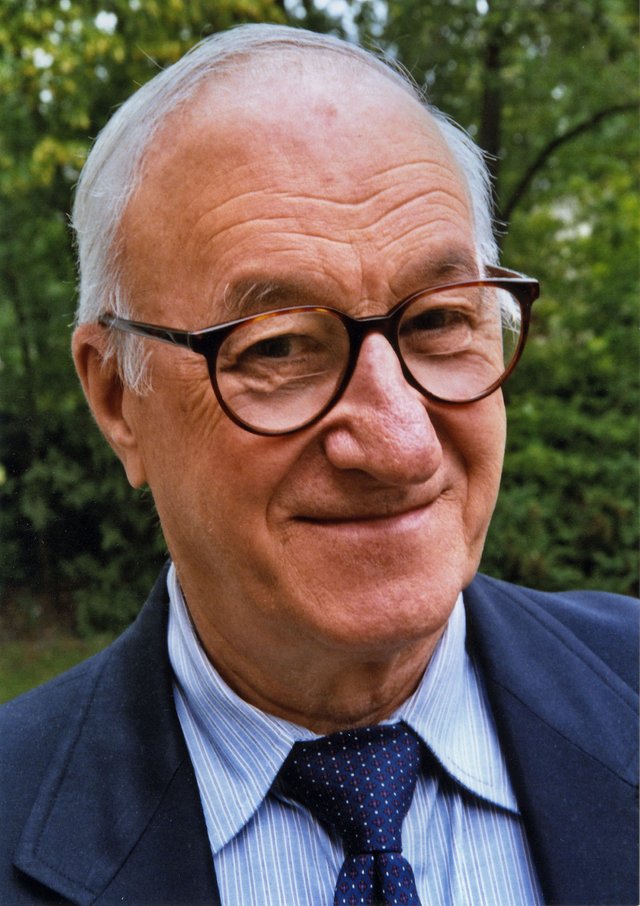Personality Course - Albert Bandura
ALBERT BANDURA’S THEORY
Albert Bandura, like Walter Mischel, has advanced the social cognitive perspective of personality. Although Mischel and Bandura have many similar theoretical orientations, have cited one another’s work, and have collaborated, most of their formal theoretical developments and research have been published independently. They both advocate cognitive person variables (including self-efficacy) in place of broad traits, and both emphasize the importance of the situation, which interacts with traits to produce behavior.
While Mischel developed a theory of traits, Bandura has focused on how modeling produces the acquisition of behavior, and on how individuals set and pursue goals.
Like Mischel, Bandura’s theory emphasizes learned behaviors and cognitions that are developed from experience. He emphasizes modeling as a way of learning by observing others, and criticizes culture for providing inappropriate (aggressive) models.
BIOGRAPHY

source
Albert Bandura was born on December 4, 1925, in northern Alberta, Canada, where his parents had immigrated from Europe to become farmers. Elementary and high school were combined in one school in the small town of Mundare. Bandura worked on the Alaska highway before entering the University of British Columbia, graduating in 3 years. He did his graduate work at the University of Iowa, finishing his doctorate in clinical psychology in 1952. There he met his future wife, Virginia Varns, who taught in the School of Nursing, at a chance encounter in a golf class, where he was fulfilling a physical education requirement. After a postdoctoral internship at the Wichita Guidance Center, he went to Stanford University in California, where he has been on the faculty his entire career, becoming a full professor in 1964 and holder of an endowed chair from 1974. He headed the Department of Psychology from 1976 to 1977.
He was president of the American Psychological Association in 1974 and has received many professional honors for his scholarly work, including the American Psychological Association’s Award for Distinguished Scientific Contributions in 1980 (American Psychological Association, 1981). He continued his affiliation with Stanford University as professor emeritus (Bandura, 2007), actively engaged in several projects in his mid 80s. Now he is in his 90’s.
IN A NUTSHELL
- Bandura’s concept of reciprocal determinism describes the mutual influences among the person, the environment, and behavior.
- Bandura has divided learning into four processes, allowing more precise prediction of when learning will occur. These are attentional, retention, motor reproduction, and motivational processes.
- Bandura demonstrated that children are influenced by models of desirable and undesirable behavior. They can learn to delay gratification or to be aggressive by watching adults in real life and on television.
- Self-efficacy refers to the belief that one can perform a particular behavior.
- Extensive research shows that efficacy beliefs affect the choice and persistence of behavior.
- Efficacy beliefs can be increased in therapy, and this is the mechanism by which therapy is effective, according to Bandura.
Reference - Theories of Personality - Understanding Persons, Susan Cloninger, The Sage Colleges, 6th edition

This article is part of Personality Course series. If you miss previous articles, you can find them below.



Nice post on Albert Bandura. thanks for share about him..